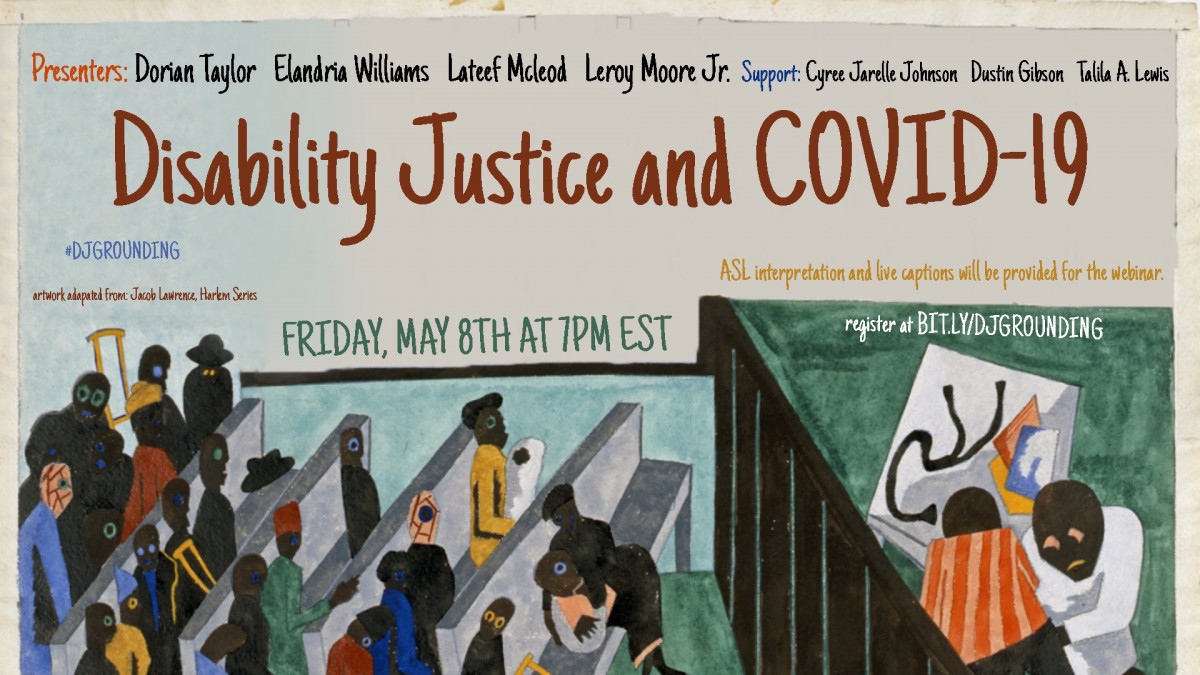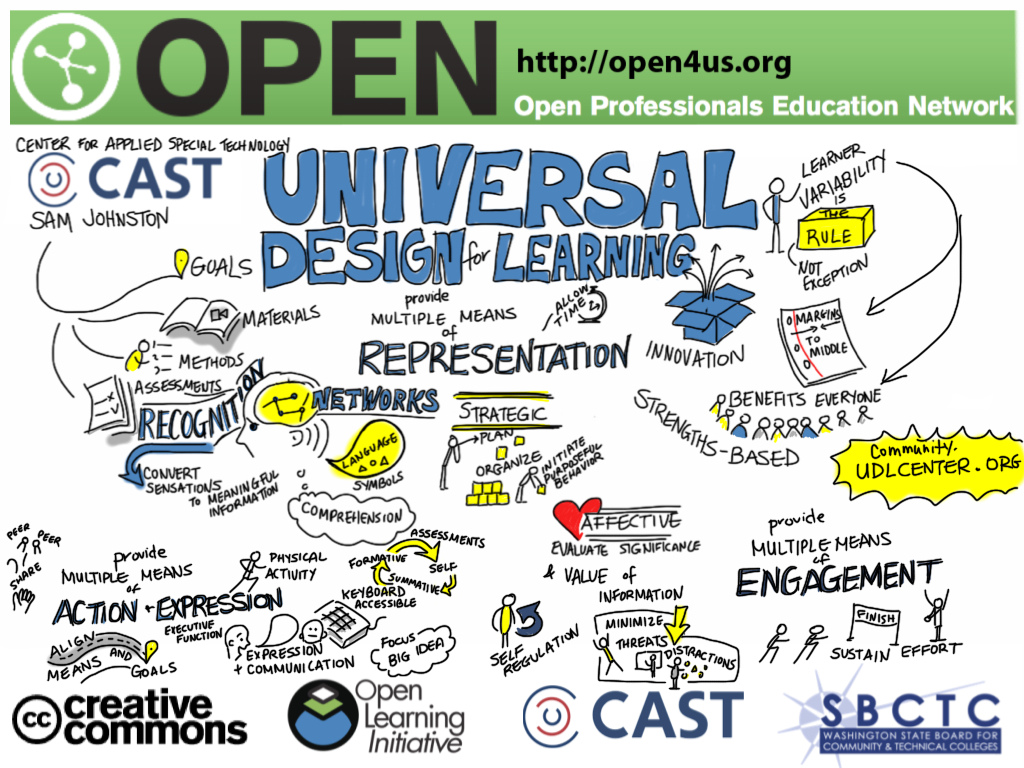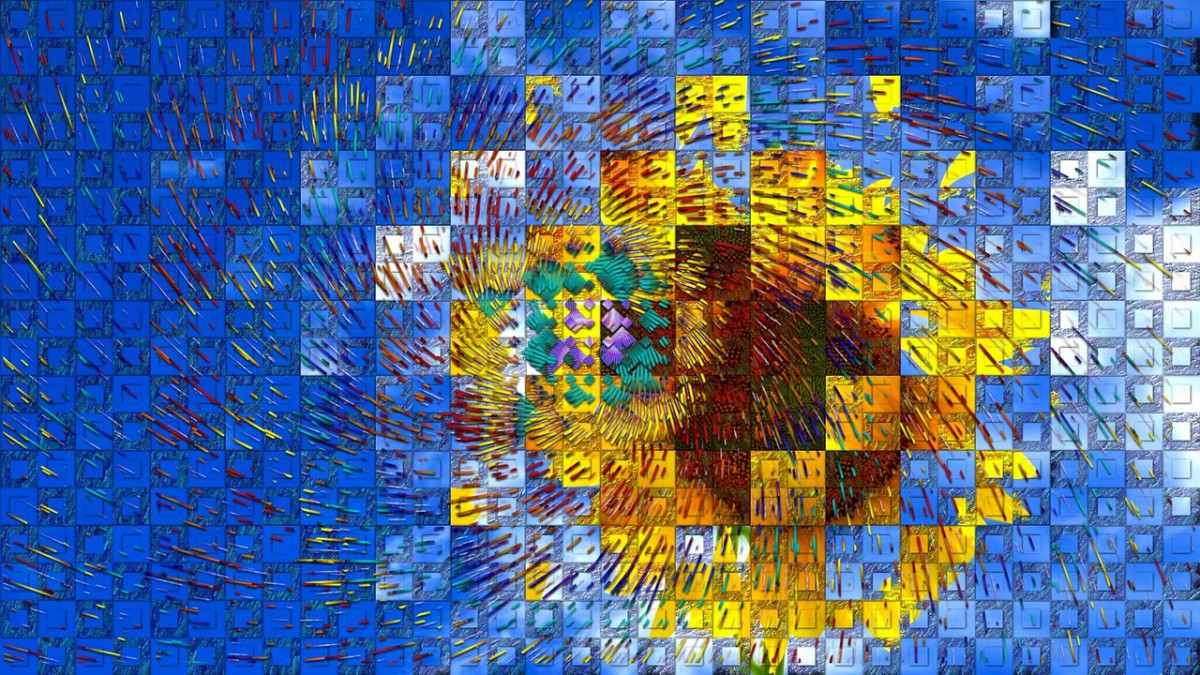August 21, 2019 1:00-3:00 PM in G603
This year, we’re highlighting accessibility best practices on the web, specifically working on the OpenLab! This includes usability, providing content in multiple formats (text, audio, video, etc.), and providing descriptions for users using screen readers, among many other strategies. We’ll be running our Open Pedagogy series on this theme all year, so please join us for these more discussion-based events!
For these Open Hours (8/21/19), participants will have the chance to work on developing their own courses and projects, but we’ll also be talking through some simple accessibility protocols to incorporate into your OpenLab sites.
Defining Access
Scholars in disability studies and pedagogy center a broad definition of access: instead of requiring that students disclose access needs to an on-campus disability services office, scholars recommend integrating accessibility in the syllabus and day-to-day classroom management.
Accessible Syllabus provides a bounty of possible strategies to practice inclusive learning, including some alternatives to traditional deadlines, developing grading contracts with students, and offering students resources in the form of an inclusive learning statement.
The OpenLab team is committed to sharing best practices in sharing and collaborating in digital spaces, and has developed a Summary of Accessibility on the OpenLab. It’s important to remember that when we share content on the OpenLab, we don’t want to create additional barriers for students.
Digital Access
The web offers formal options for including content, including posting audio or video versions of lectures and announcements, allowing users to modify colors and font sizes to accommodate low-vision needs, and other options for making use of multimedia formats. However, it’s important to also include transcripts and/or captions alongside multimedia formats in order to best serve users with different kinds of access needs.
Even simple choices, like including hyperlinks in the course syllabus or on the homepage, can help demonstrate a commitment to interactive and independent engagement with site content by allowing students to visit linked sites at their own pace rather than listing blurbs for resources directly on the syllabus. The OpenLab’s Help section offers additional support for reading ease and accessibility when composing in digital spaces.
Accessible Syllabus includes an in-depth list of strategies for making text on your site user-friendly, including recommendations for “thinking about learning disabilities that affect reading, such as dyslexia” as well as simple measures to improve readability, including using bold typeface to highlight important information.
City Tech’s Library has also incorporated a focus on accessibility into the professional development faculty members participate in to develop open educational resources. The materials gathered for the Introduction to Accessibility Module that specific group are useful to anyone developing materials to share on the OpenLab.
What is access? group activity
When thinking of the terms “access/ability” or “accommodations,” what comes to mind?
Jot down a few terms/examples.
Share with a partner, then share with the group!
What common ideas about accessibility do we share? Where do our ideas diverge?
Resources:
Accessible Syllabus
Summary of Accessibility on the OpenLab
Reading Ease and Accessibility
Introduction to Accessibility: A Module for OER Faculty










